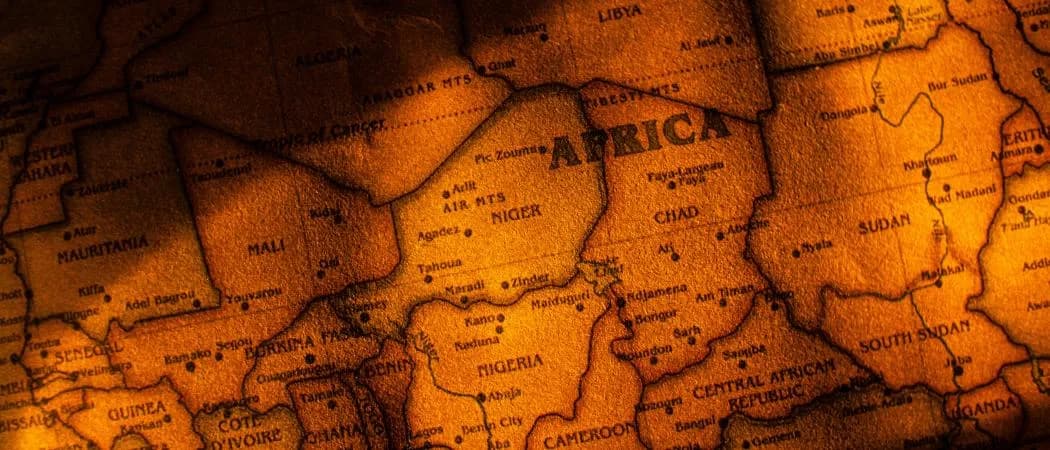News

What will the world’s biodiversity look like in the future? According to a new study the disruption of biodiversity from climate change on land and in the oceans will be abrupt and could be much sooner than we had expected, potentially affecting tens of thousands of species.
“If we continue on our high emissions pathway, then absolutely, abrupt collapses might happen much earlier than we thought. Generally, people think it’s going to be bad in 2100, but this study showed it could be as soon as 2030,” said Dr Christopher Trisos, senior researcher at the African Climate & Development Initiative at the University of Cape Town.
The paper published today in Nature outlines that in many places around the world, a high percentage of species will be exposed to potentially dangerous climate conditions simultaneously, potentially leading to sudden and catastrophic die-offs of biodiversity. Under a scenario of high greenhouse gas emissions*, such abrupt exposure events are forecast to begin before 2030 in tropical oceans and spread to tropical forests and temperate regions by the 2050s.
What surprised Trisos and his co-authors Dr Cory Merow (University of Connecticut) and Dr Alex Pigot (University College London) the most, “was how much biodiversity is at risk in the first half of this century, and that the risk of collapse at any single location doesn’t accumulate gradually but can go from low risk to high risk within a decade.”
“It’s not a slippery slope, but a series of cliff edges, hitting different places at different times.”
The team used annual projections from climate models of temperature and precipitation – rain, snow, sleet, etc. – from 1850 to 2100 across the ranges of more than 30 000 species of birds, mammals, reptiles, amphibians, fish and other animals. They did this to estimate the timing of their exposure to potentially dangerous climate conditions.Read more ...




